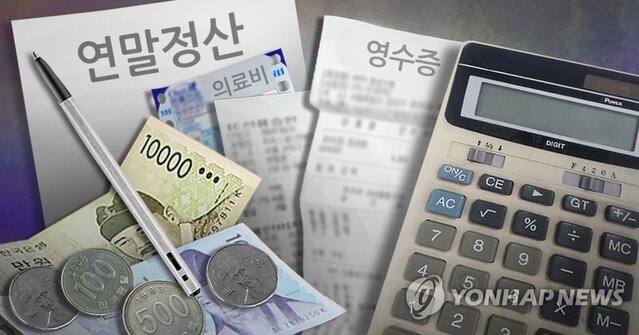Enter 2021-01-17 10:19 | Revision 2021-01-17 10:44

# A student on leave of absence made a profit of 20 million won by investing the money he saved from a part-time job last year in listed stocks in Korea. Mr. A’s mother, a full-time housewife, made a profit of 3 million won in shares of Tesla, an American electric vehicle company.
According to the National Tax Service on the 17th, in order for the dependents of workers to be eligible for personal deduction (basic deduction), the total annual’income amount’ must be less than 1 million won.
Here, the income amount is the remaining value from the total amount of income, excluding deductions for each type of income or necessary expenses. Among various income amounts, the amount of capital gains is calculated by deducting necessary expenses and special deductions for long-term holdings from the amount of transfer (selling price). The capital gains amount of stocks is the selling price minus the purchase price, commission, and transaction tax.
A’s mother is not eligible for personal deduction because it exceeds 1 million won even if the fee and transaction tax are excluded from the 3 million won earned by Mr. A’s Tesla. Mr. A’s investment in stocks earned much larger returns than his mother, but the amount of capital gains is zero because domestic listed stocks are not subject to capital gains tax. It can be the subject of the father’s personal deduction.
On the other hand, as foreign stock investments surged enough to be called the ant craze last year, the number of individual investors who are required to report and pay the stock transfer income tax in May this year is also expected to increase rapidly.
The enthusiasm for overseas stock investment was also shown in the 2019 capital gains tax return. Overseas stocks are included in unlisted stocks under the tax law, and there is no obligation to return a planned capital gains tax and only a final return is required. In 2019, the number of final reports on the transfer of unlisted stocks was 11,4419, up 74,000 cases, 186% higher than a year ago.
The time to report foreign stock capital gains is every May. At the end of April every year, the National Tax Service receives transaction data from securities companies and informs them of the report to those subject to capital gains tax, such as foreign stock investors.
Press releases and article reports [email protected]
[자유민주·시장경제의 파수꾼 – 뉴데일리 newdaily.co.kr]
Copyrights ⓒ 2005 New Daily News-Unauthorized reproduction, redistribution prohibited
recommendation
Related Articles It’s great to read it with the article you just saw!
Vivid
Headline news Meet the main news at this time.
